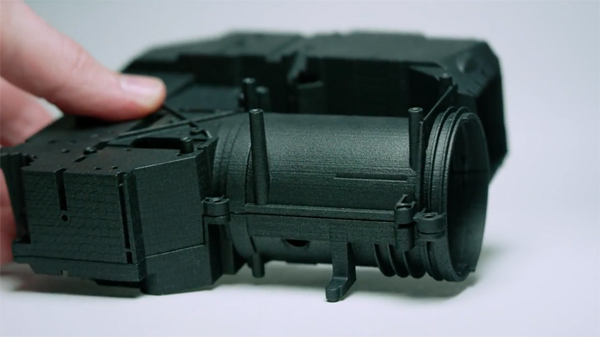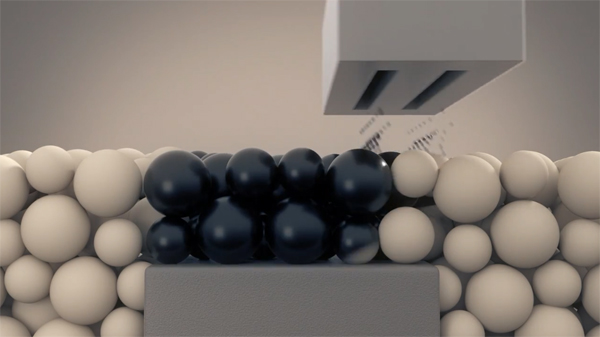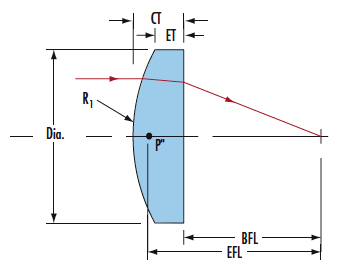HC Plastics News:
The German 3D printing company voxeljet AG is known for its industrial large format 3D printers, which have just introduced some special materials for their high speed sintering (HSS) 3D printers. Two new HSS3D printing materials, polypropylene (PP) and thermoplastic polyurethane (TPU) powders, are currently being evaluated by voxeljet customers in the sports and automotive industries.
The introduction of PP and TPU powders for HSS3D printing has the potential to open up new applications for this technology. For example, polypropylene is a more versatile polymer and has been widely used in the end use market. The beneficial properties of the material include stress and crack resistance as well as good chemical and electrical resistance, even at high temperatures.
In the automotive sector, bumpers, cladding and exteriors are usually made of PP. Therefore, the potential to print 3D parts from PP using HSS may affect the way the automotive industry adopts and uses additive manufacturing. In addition to the automotive industry, 3D Printing PP has potential applications in the electrical/electronics industry as well as in the industrial, consumer and household goods sectors.


German company voxeljet adds PP and TPU to 3D printed material combinations
“We are surprised by the speed of new material certification for high-speed sintering processes,†commented Dr. Ingo Ederer, CEO of voxeljet. “In less than 9 months, we were able to identify various grades of polyamide powder and successfully printed several types of thermoplastic polyurethanes.â€
“We are still working on some very custom-made materials, including polypropylene – one of the most widely used plastic materials in the world. Polypropylene has extremely interesting properties to meet a wider range of application needs. We are smaller The PP was successfully printed on the VX200 HSS system and is expected to transition smoothly to our large automated production system VJETX HSS, which we expect to be available by the end of 2019."
For its part, TPU is a thermoplastic elastomer that is highly sought after for its flexibility. In addition, the material is known to be melt processable and suitable for high precision and high resolution printing. Compared to other thermoplastic elastomers, TPU is also highly adaptable, which means it can be used in a variety of applications, including construction, automotive and even footwear.
This adaptability is largely due to the fact that TPU is a material with high elasticity, good compressibility and high resistance to impact, tear, weather, abrasion and hydrocarbons. The main applications of voxeljet's new TPU powders for HSS are said to be sporting goods, industrial parts (which are themselves very wide) and hydraulic seals and gaskets.
“We believe these technologies and material combinations are likely to change our industry in the long run,†adds Dr. Ederer.
As Dr. Ederer emphasized, voxeljet has successfully used its new PP material on its VX200 HSS system, but is still preparing materials for its large automated production system, VJETX HSS, which is expected to be released in 2019.

German company voxeljet adds PP and TPU to 3D printed material combinations 
Editor in charge: Yao Chunlin
We can manufacture various shape and special material optical lens.The coating for lenses not only the normal BBAR coating,but also including dichroic coating and super broad band antireflective coating.
Plano-Convex (PCX) Lenses have a positive focal length, making them ideal for collecting and focusing light in imaging applications. They are also useful in a variety of applications involving emitters, detectors, lasers, and fiber optics. Coated versions have optimum light transmission. Available in a wide variety of diameters and focal lengths.
The uncoated lenses are ideal for a multitude of optics and photonics applications, as well as biotech instruments such as DNA sequencers and polymerase chain reaction (PCR) testing platforms.
The coated lenses can be utilized in a host of optics and photonics applications, including biotech instruments such as DNA sequencers and polymerase chain reaction (PCR) testing platforms.

Plano-convex Spheric Lens
Specification of our plano-convex spherical lenses as follow:
*Material:Bk7,fused silica,CaF2,MgF2,BaF2,ZnSe infrared optical crystals.
*Focal length:+/-1%
*Length tolerance:+0.0 - -0.1mm
*Width tolerance:+0.0 - -0.1mm
*Center thickness tolerance:+/-0.1mm
*Surface Figure:lambda/2 at 633nm on plano side
*Surface quality:60-40 stratch/dig
*Clear Apenture>90%
*Chamfer:0.25mm at 45 degree typical
*Coating:optional
Plano-Convex Spherical Lens,Plano-Convex Lenses,Plano-Convex Lens Kit,Inked Plano-Convex Lens
China Star Optics Technology Co.,Ltd. , https://www.csoptlens.com